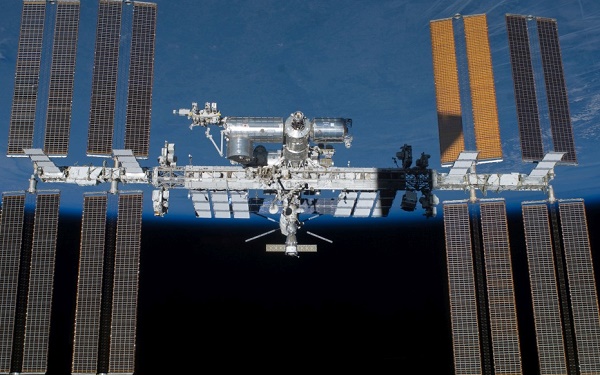Just like in 1998, Russia and the United States of America are partnering to build a second version of the International Space Station (ISS). Earlier in February, Russia’s space agency, Roscosmos, threatened to use the Russian ISS modules as a platform for a new base of its own after 2024, when the funds run dry. However, according to Russia Today and the state news agency TASS, there will be some collaboration.

For the second version of the ISS, both NASA and Roscosmos, are looking forward for contributions from other countries as well as private industries. They also plan to team together for missions to Mars. Russian media claims that this announcement came after a news conference on Saturday following the launch of a year-long mission to the current ISS. This mission, called the Expedition 43, involves 6 astronauts, who will be replacing the crew of Expedition 42, to continue the working of the ISS for the next year.
The administrator of the Roscosmos, Chief Igor Komarov, who attended the US-Russia year-long ISS mission launch, reportedly said: “We have agreed that Roscosmos and NASA will be working together on the program of a future space station.” Regarding the joint Mars mission NASA chief Charles Bolden is quoted saying: “Our area of cooperation will be Mars. We are discussing how best to use the resources, the finance, we are setting time frames and distributing efforts in order to avoid duplication.” So far NASA hasn’t updated anything on their official channels.
NASA statement:
We are pleased Roscomos wants to continue full use of the International Space Station through 2024 — a priority of ours — and expressed interest in continuing international cooperation for human space exploration beyond that. The United States is planning to lead a human mission to Mars in the 2030s, and we have advanced that effort farther than at any point in NASA’s history. We welcome international support for this ambitious undertaking. Today we remain focused on full use of our current science laboratory in orbit and research from the exciting one-year mission astronaut Scott Kelly just began, which will help prepare us for longer duration spaceflight.







Leave a Reply